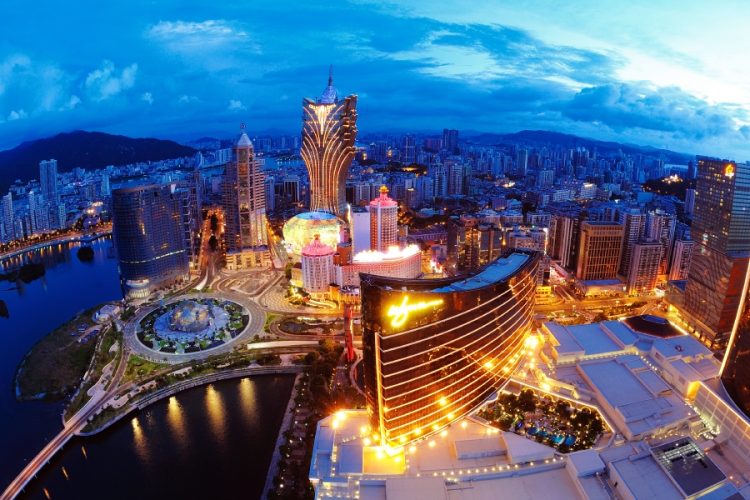Spending by Chinese travelers will increase by US$411 billion to US$672 billion by 2025, with Macau and Hong Kong to enjoy a significant boost in spend per visitor, according to a study by brokerage Sanford C Bernstein titled “China Abroad.”
The study, which predicts the implications of an estimated doubling of outbound mainland Chinese travelers over the next decade on the leisure, luxury, aerospace, healthcare, gaming and airline sectors globally, sees a massive 160% increase in global spending by Chinese visitors to 2025, despite average spend remaining relatively stagnant outside of Macau and Hong Kong.
“It is the sheer scale of incremental visitors and their aggregate spending power that will distort markets,” the study says.
“We estimate that spending by mainland Chinese travelers will increase by ~$411B between now and 2025 based on an incremental ~125M trips.
“To put an incremental $411 billion in context, the economic output of Switzerland is $660 billion. Total annual US military spending is ~$611 billion.
“With rising incomes, rising passport issuance and easing visa restrictions, Chinese travelers are going to become more common in just about every market globally in coming years.”
Notably, the average growth rate of tourism to Macau of 5.7% over the next decade is expected to be considerably smaller than growth globally, which is set to average 10.5%. However, the average spend per visitor will grow considerably in Macau while remaining relatively flat on a global scale.
“In Macau, the growth of hotel, table and transportation capacity will effectively convert day-tripper traffic from Guangdong into weekend and mid-week traffic from across China,” the study finds.
“Visitation will grow from 20 million to 34 million between 2016 and 2025 and non-gaming spending per visit will increase from US$277 to US$571.”
The study also found that Macau has little to worry about from regional competition in the long-term due to its unique position as a Chinese-speaking gaming and leisure destination in the same time zone as China.
“In short, there is no competition even as Chinese players become more sophisticated in their tastes in other respects,” it says. “The simplest parallel being: gamblers living on the east coast of the US may transition from Atlantic City to Vegas. Few then switch to Monaco.”



































